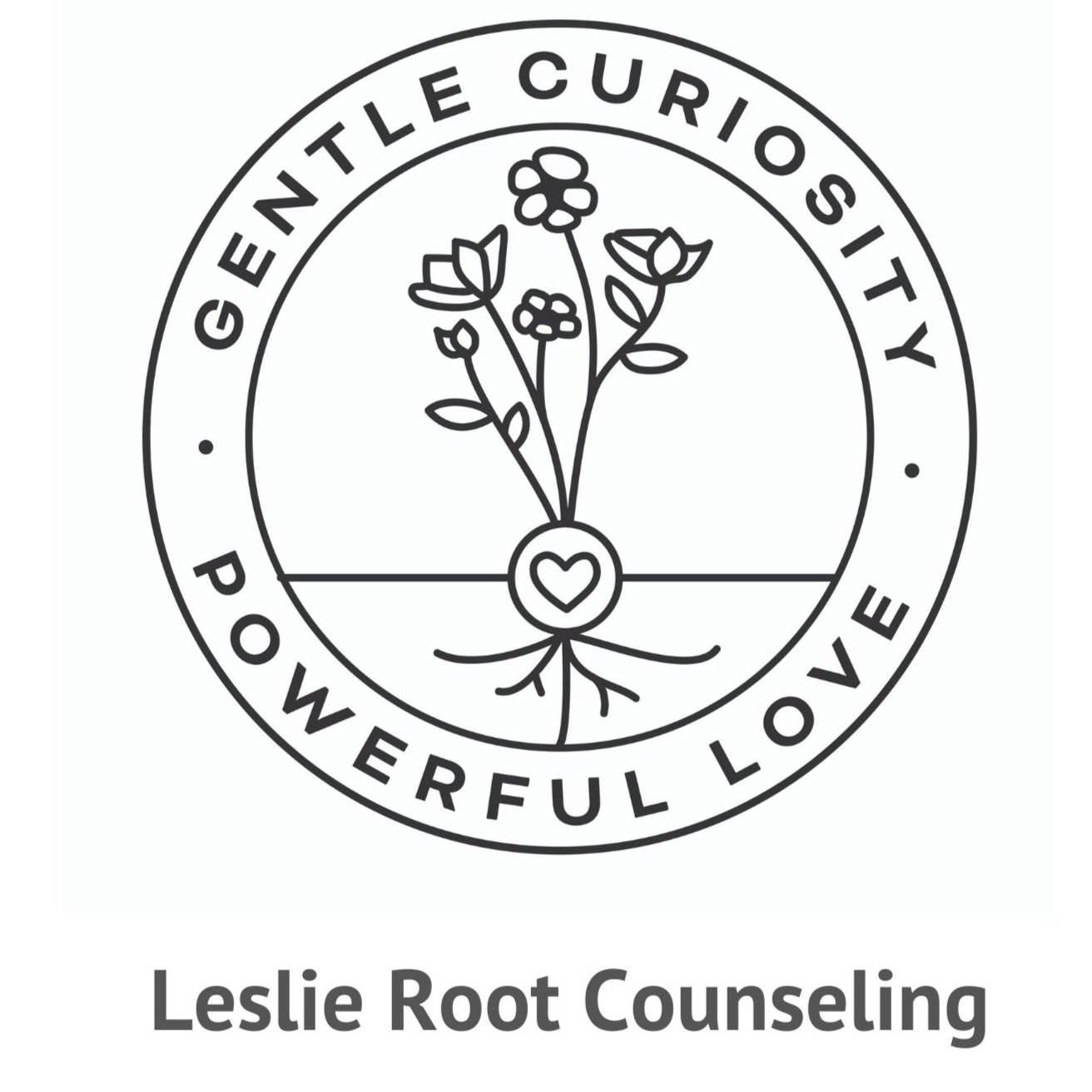Signs You Might Be Suffering From Parental Enmeshment
Intimacy disorders are rooted in our earliest relationships with our caregivers. One of the most common ways we develop an intimacy disorder is through the experience of Parental Enmeshment. Parental Enmeshment is characterized by relationships, which have become so intertwined that boundaries are blurred and autonomy (the ability to be connected and separate from the family) is not allowed. For instance, the parent may rely on the child to be their emotional confidant or the parent may be overly controlling and abusive of the child, requiring them to give up their own sense of self, and personal development, to meet the parent’s desires and wishes. Roles and expectations are confused, parents are overly and inappropriately reliant on their children for support and children are not allowed to become emotionally independent or separate from their parents. In enmeshed parental relationships these blurred boundaries become accepted and even seen as a sign of love, loyalty, or safety.
To those outside of the enmeshed family system, the child-parent relationship might appear to be healthy and close. However, inside the family relationship clear developmental milestones are not met, children become emotionally stunted resulting in a number of problematic outcomes including disordered eating, intimacy issues, depression, anxiety, addictions and personality disorders to name a few. Attachment theory provides us with an understanding of how these parental behaviors stunt child development and lead to problematic future relationships with partners and in our own parenting abilities.
Parents who enmesh with their children are rarely intentionally doing so. They are generally repeating similar patterns observed from their childhood. Parents may be unaware of the dysfunctional relationship patterns they are passing on because they have not made sense of their own past and processed it. The greatest predictor of successful parenting is whether the parent has made processed and made sense of their own childhood providing them with the ability to implement new strategies for growth and connection. This is why it is so important for individuals to understand their own enmeshment in family relationships to help break the pattern and have lasting generational change.
As a therapist I frequently see the impact of enmeshment on the clients I work with. Client enmeshment with their own family systems results in patterns of unhealthy relating, love addiction, sexual boundary issues and couple conflict to name just a few. Exploring our role within our family and identifying the ways we were functionally and dysfunctionally parented is essential to changing the patterns in our own lives.
